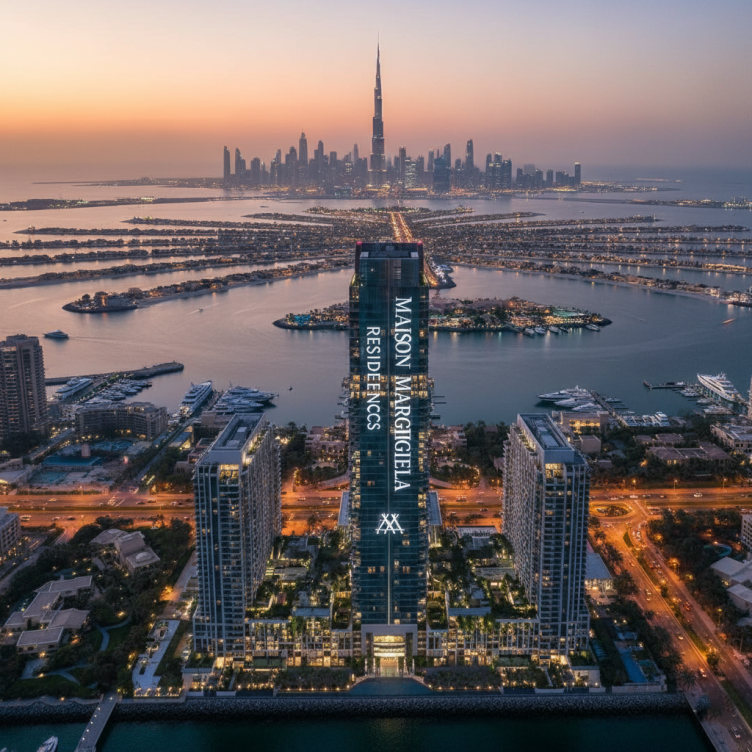In the digital age, social media has transformed how we connect and communicate with people around the world. For the UAE’s large expatriate community, platforms like Instagram, TikTok, and Twitter serve as vital tools to stay in touch with loved ones and share their lives. However, the rise of social media comes with responsibilities. The UAE has implemented stringent social media laws to protect individuals, maintain social harmony, and ensure public order. Here’s what experts say you need to know to navigate these regulations safely.
Breaching Individual Privacy
Sharing photos or videos of others without their consent is strictly prohibited in the UAE. Danish Qazi, a senior associate at BSA Law, explains that laws such as the Cybercrimes Law and Penal Code criminalize capturing or distributing someone’s images without their permission.
“Even visitors to the UAE are subject to these regulations,” says Ahmad Al Khalil, a partner at Abu Dhabi-based Crimson Legal. Penalties for such breaches include jail time of at least six months and fines ranging from Dh150,000 to Dh500,000. Sharing private conversations, personal messages, or defamatory content on platforms like WhatsApp can also lead to significant legal consequences, including fines up to Dh1 million.
Discrimination and Hate Speech
The UAE takes a firm stance against discrimination and hate speech. Federal Decree-Law No. 34 of 2023 prohibits acts of blasphemy and promotes respect for all religions, races, and genders. Violations can result in imprisonment of at least one year and fines between Dh250,000 and Dh1 million.
“Posting or sharing content that promotes hate speech, blasphemy, or discrimination is a serious offence,” says Mr. Al Khalil. Even possessing such content can lead to fines between Dh50,000 and Dh200,000. These regulations underscore the UAE’s commitment to fostering a respectful and inclusive digital environment.
Defamation and Public Reputation
Publishing content that harms someone’s reputation—even if it’s true—is considered defamation under UAE law. Mr. Qazi explains that defamatory comments, memes, or even emojis can lead to fines of up to Dh500,000 and potential jail time. This applies to individuals and businesses alike, as platform operators can also be held accountable for hosting defamatory content.
Spreading Rumours and Fake News
Federal Decree-Law No. 34 of 2021 targets the spread of rumours and false information. “The law casts a wide net,” says Mr. Al Khalil. “Sharing unverified news or content that could disturb public order or threaten national security can result in severe legal consequences.”
Even reposting content without verifying its accuracy can have serious implications, so it’s crucial to think carefully before hitting “share.”
Respect for Religion and Culture
Given the UAE’s diverse population, respect for different religions, cultures, and traditions is a cornerstone of its laws. The Cybercrimes Law forbids using technology to promote content that contradicts public morals or Islamic principles. This includes blasphemous, obscene, or un-Islamic material, as well as content that promotes sinful behavior.
Website operators must also ensure user-generated content adheres to these standards. Failure to comply can lead to penalties for both users and operators.
Undermining National Unity
Social media posts that threaten social cohesion or undermine national unity are strictly prohibited. “Even seemingly harmless posts that could be interpreted as insulting to UAE leadership or damaging public order can have serious consequences,” warns Mr. Al Khalil. This law has extraterritorial reach, meaning actions taken outside the UAE can still be subject to its provisions if they affect the nation.
Influencer Licensing
Social media influencers earning income from their platforms must obtain an influencer licence in the UAE. This regulation, introduced in 2018, ensures compliance with the UAE’s National Media Council standards. Operating without this licence can result in fines of up to Dh10,000, depending on the emirate.
Business Marketing Activities
Companies using social media for marketing must adhere to these regulations as well. Misleading advertisements, unlicensed promotions, or misuse of user data can lead to legal action. “The UAE’s laws ensure that business-consumer interactions are built on trust,” says Samuel Moore, a paralegal at BSA Law. Violations can result in hefty fines or imprisonment.
A Final Word
As social media continues to evolve, so does the legal landscape. The best approach for users and businesses in the UAE is to remain informed, respectful, and cautious. Think before you post, and always consider the potential cultural, social, and legal implications of your online activities. As Ahmad Al Khalil aptly puts it, “One misunderstood post can trigger significant legal consequences.”




0 Comments